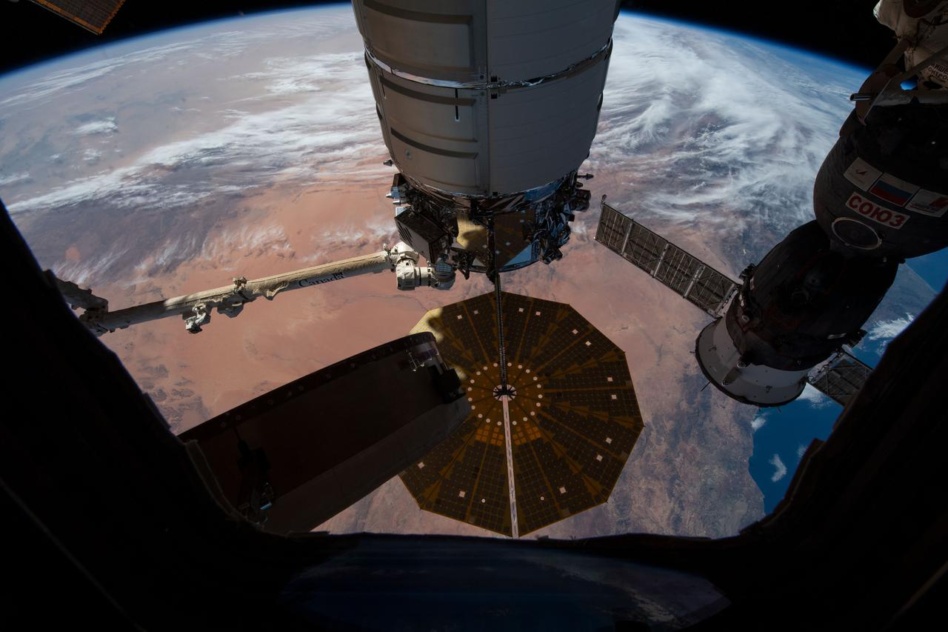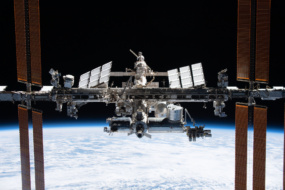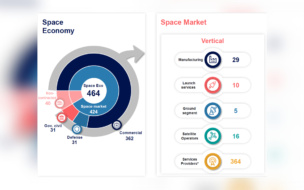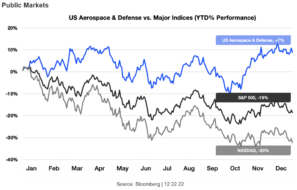For those not intimately familiar with the space industry, getting up to speed on decades of a deep tech sector’s development is a high barrier to entry. Open, free, structured access to that knowledge could help to close the space knowledge gap and, hopefully, stimulate entrepreneurship.
That’s the idea behind a new massive open online course, or MOOC, that a group of Switzerland-based organizations launched yesterday.
The École polytechnique fédérale de Lausanne’s (EPFL) Space Center eSpace, Space4Impact, E2MC Ventures, and Space Innovation have partnered to create “New Space Economy.” The course, available for free on edX, aims to extend educational resources to entrepreneurs in the “new space” industry.
- New Space Economy is the first MOOC on the business of space from a top university, and includes 30+ lectures by speakers in startups, academia, and private and public institutions.
What’s to learn? Lecture topics span a variety of different technologies in space, including telecommunication, Earth observation, and geolocation, and touches on issues such as access to and sustainability in space. The course is designed to tie back strongly into how space technology is used to improve life on Earth.
“We have aimed to provide a number of use cases of how space technologies can tangibly help target markets right here on Earth, such as agriculture or insurance,” Raphael Roettgen, an investor at E2MC Ventures and one of the course lecturers, told Payload. “In our view, this link between space and what it can do for us here on Earth has historically not been explored and communicated sufficiently, so we aim to help close this gap.”
Keeping it open: The course is available for free on a public platform, aiming to make this information more widely accessible to anyone with an interest in the space industry. Morgan Stanley estimates that the space industry could generate more than $1 trillion by 2040, and while that’s widely regarded as an excessive projection, analysts still anticipate rapid growth.
“If we want to realize this potential, we need to draw many more people—as entrepreneurs, employees, investors, or other stakeholders—into the space sector,” said Roettgen. “We hope that this course will help in doing so.




